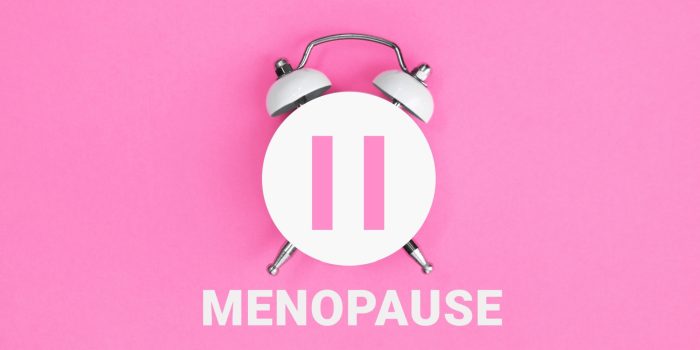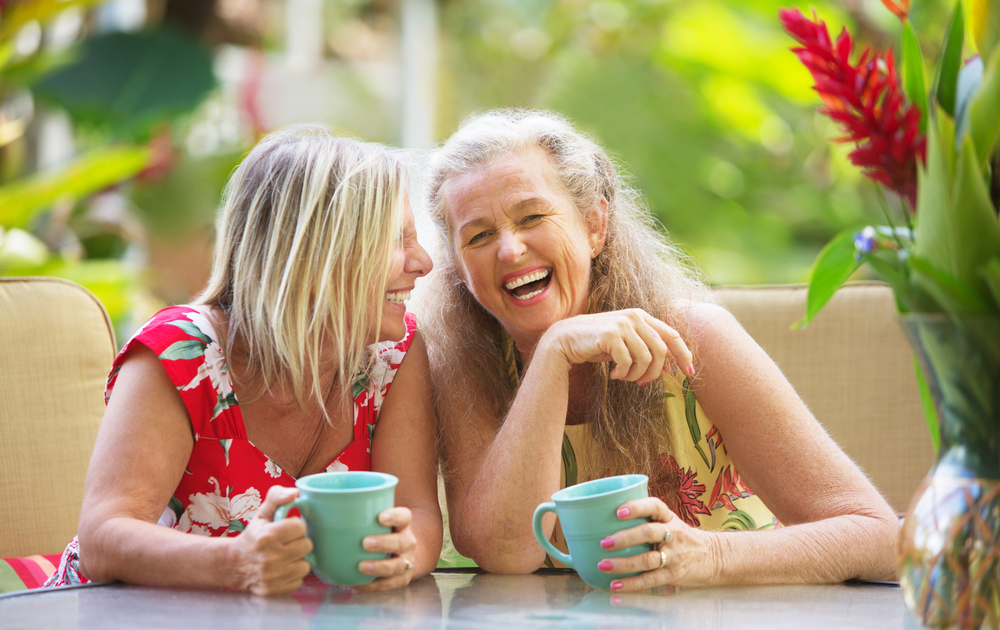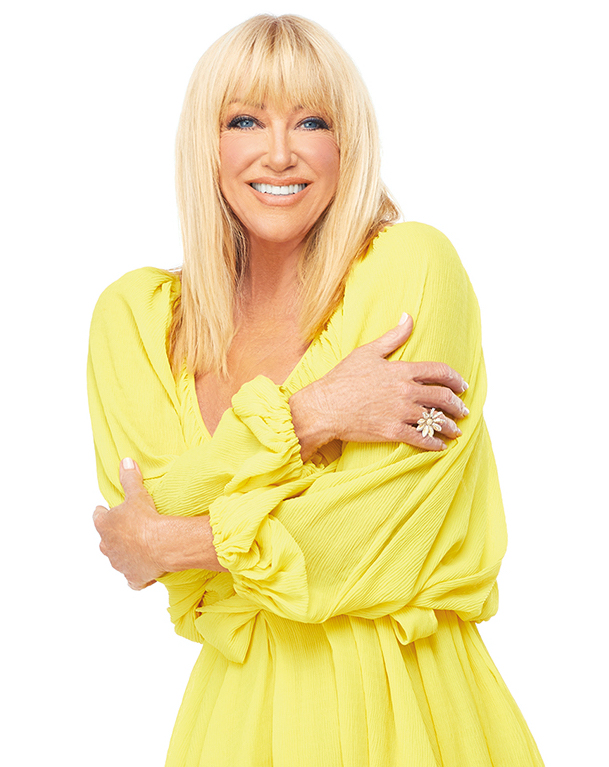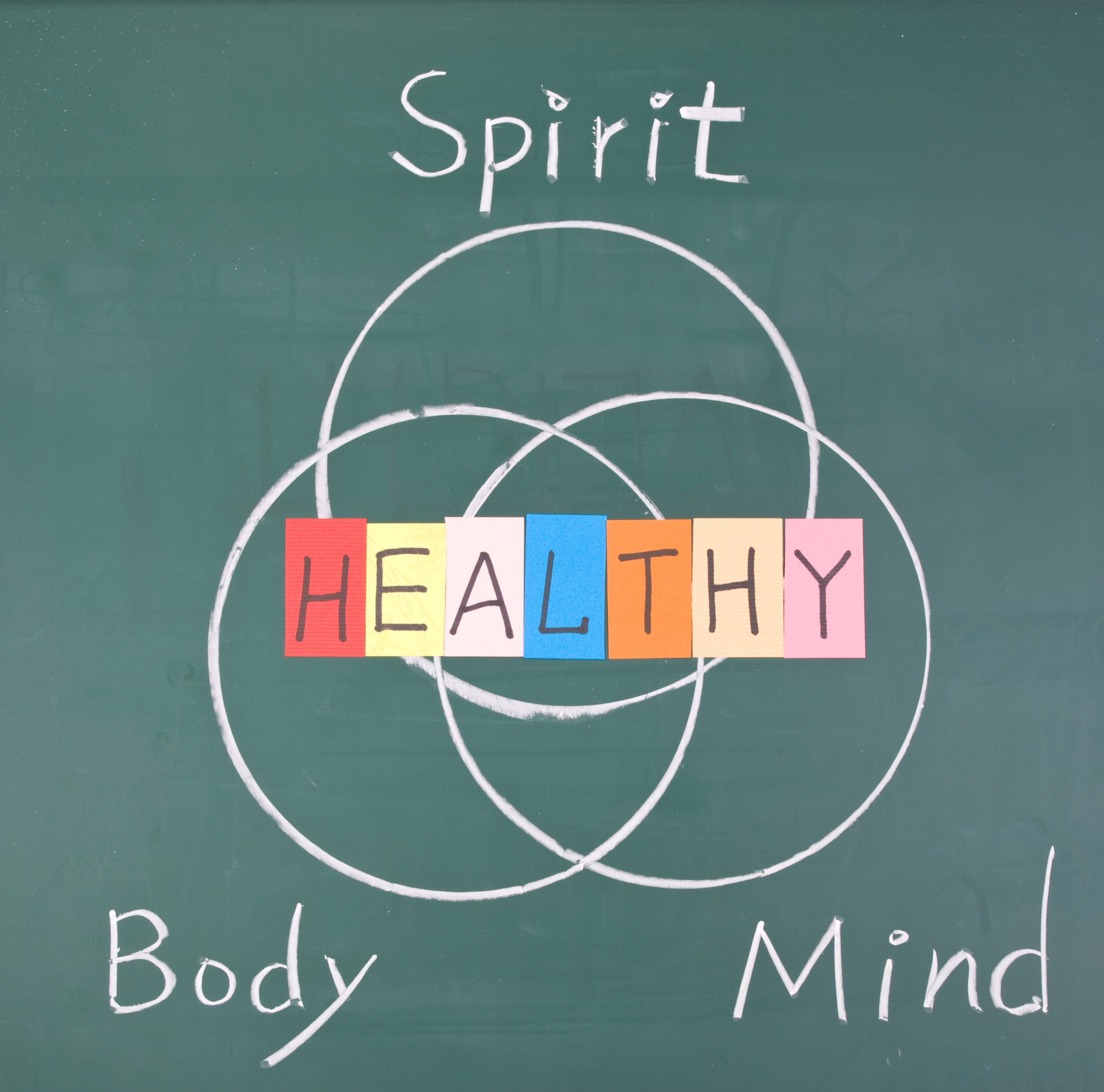
Health changes for the ageing woman
April 8th, 2024Midlife brings significant health changes to the ageing woman. It can become hard to embrace getting older when she looks in the mirror and sees a body she doesn’t recognise anymore – it’s a different version of her.
The ageing woman’s body changes dramatically, most notably in the production of her hormones, and her monthly menstrual cycle stops. Normally, between the ages of 40-50, she makes the transition into menopause. The female menopause can be like an unkind hormonal tsunami. Symptoms come and go in waves, sometimes resulting in physical and mental trauma and lasting up to 14 years.
Women going through the changes
A decrease in the production of the hormone oestrogen in the female body triggers what is sometimes referred to as going through the changes, medically known as perimenopause (the prequel to menopause) and menopause.
Signs and symptoms
Menopause alters fat distribution, causing a higher risk of inflammation, high blood pressure, cholesterol problems or type 2 diabetes. It can lead to fat accumulation around vital organs such as the liver and pancreas. The decline of oestrogen in the body can weaken bones with a risk of developing osteoporosis or osteoarthritis.
Menopause can cause hair loss, hot flushes, pain, swelling, weight gain, vaginal dryness, mood swings and lack of confidence. Such dramatic physical changes can bring mental health challenges – depression, anxiety, even suicidal thoughts, affecting relationships and the ability to work.
Some women manage to experience only a few symptoms, whilst others can suffer unbearably.
Hormone replacement therapy has helped millions of women going through menopause
One coping mechanism for the symptoms of menopause is hormone replacement therapy (HRT), and it has helped millions of women going through menopause. HRT can come in different forms, relieving debilitating symptoms such as aching joints, night sweats, heart palpitations, panic attacks and brain fog. HRT implants have been a successful option for lots of women and the only thing that has helped them.
There was a backlash when the UK government stopped HRT implants from being imported into the country
When the UK government stopped HRT implants from being imported into the country, it caused devastation to a lot of women. However, there has been a U-turn in the government’s decision, but it is unknown when the implants will get through to all those who need them.
Diane Danzebrink who runs Menopause Support, told The Independent that she had been inundated with messages from desperate women in the last month struggling to get hold of their usual HRT implant. Diane explained “It is a life-saving essential treatment. Life without it is unimaginable.” Her organisation supports tens of thousands of women going through the menopause.
A menstrual health campaigner called Victoria Hardy told The Independent that she was devastated after her appointment to get her implant replaced was rescheduled to May. The 40-year-old said, “This is the only HRT that works for me. I have been in surgical menopause since I was 33. For me, HRT is not a choice. I am absolutely on the floor if I don’t have it. It is like having somebody reliant on antidepressants because they are severely mentally ill.”
Victoria explained that her ability to function goes out of the window, her brain gets scrambled and she gets extremely fatigued. She aches and her joints become painful, insomnia kicks in and she gets horrendous hot flushes.
Read more about hers and other stories here.
The ageing woman
The accumulation of years alters a woman’s body drastically. Not only is there menopause to deal with, but there are cardiovascular changes and stiffening of the arteries and blood vessels. The heart muscles have to deal with an increased workload. Structural changes happen to the digestive system and the large intestine, which can cause constipation.
The bladder becomes less elastic with a need to wee more frequently. The metabolic rate slows down, sometimes causing weight gain. Eyes become more sensitive to light, and vision impairments can develop. A woman’s hearing can be affected too.
The skin becomes less elastic as the body produces less collagen. The libido can drop, and gums start to recede. The brain changes, and memory and thinking skills are affected.
Women’s health
Heart disease is the leading cause of death in women, surpassing cancer, followed by chronic respiratory disease, strokes, Alzheimer’s disease, unintentional injuries, diabetes, influenza and pneumonia, kidney disease and septicemia.
What health changes should women look out for after 50?
- Heart health – chest pains, tingling in the arms, back pain, breathlessness, nausea and fatigue
- Blood sugar levels – there is an increased risk of developing type 2 diabetes
- Bone health – with a decline in bone cell production osteoporosis can develop
- High blood pressure – high blood pressure puts added stress on organs in the body
- Breast changes – looking for lumps, swelling, a rash, dimpling of the nipples or discharge
- Weak bladder – a need to wee more or leakage when doing physical activity, sneezing or laughing
- Hair loss – thinning of the hair
- Vaginal health – urine infections or dryness
- Mental health – lack of confidence, mood swings, suicidal thoughts, depression or anxiety
If you have concerns about any changes that you have noticed, you should speak to your doctor.
How can a woman minimise the risk of developing health conditions or disease? What can women do to improve their overall wellbeing or reduce symptoms?
- Go for regular health screenings
Such as a full physical examination, a breast scan, smear test, eye test, hearing test, dental checkup or a visit to the hygienist
- Do self-examinations
Check the skin for moles and any changes in shape or texture. Feel the breasts looking for lumps or other changes such as discharge
- Monitor blood sugar levels and blood pressure
Older women are at a higher risk of developing type 2 diabetes and cardiovascular disease
- Do good dental hygiene
Bacteria in the mouth can cause health conditions or disease. Brush your teeth twice a day, floss and use a mouthwash
- Stay hydrated – drink water
We lose water from our bodies that needs to be replaced so the body can function properly
- Avoid substance abuse
Stop smoking or using recreational drugs. Limit alcohol and caffeine consumption
- Avoid pollution
Limit exposure to pollution outside and inside the home. Wear sunscreen to protect your skin from UVAs. Use a face mask when being exposed to irritants or transmittable viruses. Wash your hands regularly and other areas of skin that are exposed to irritants or chemicals. Wear sunglasses or protective goggles
- Monitor medical conditions or diseases
Look out for any changes from using any medication. Talk to your doctor if you think your medication or treatments need reviewing. Keep a health diary to help manage health concerns
- Treat allergies or intolerances
It is quite common to develop a food intolerance or an allergy as you age. Seek guidance and adapt your diet accordingly. Make sure you read food labels so you know what you are putting into your body
- Use a good skincare routine
Bath and shower in warm, not hot water. Use mild soaps and moisturisers. Use gentle exfoliants to remove dry skin. Apply face creams with SPF. Remove makeup and dirt from the face including makeup remover, washing and cleansing
- Have a good sleeping routine
Try to get 7-9 hours of sleep every night. Limit exposure to electronic devices before bedtime
- Go to the toilet regularly
Don’t hold in a wee or poo!
- Make time for self-care and wellbeing
Include stress management, relaxation, stretching, alternative therapies or beauty treatments. Talk to your hairdresser if you are worried about hair thinning and find out what products are available to thicken hair
- Be sociable with friends and family
Talk to other women to find out what things they do to maintain good health. Make time to do things like going on holiday or mixing with people at gatherings. Tell those close to you if you have any struggles and concerns, hopefully, they will be sympathetic and helpful
- Mix with people that make you feel good about yourself
Try not to spend too much time with people that drag you down. Be with people that make you feel good about yourself
- Communicate with people
Communicate with people and seek guidance if you are struggling. Try life coaching or a form of therapy
- Be organised and create a stress and time management plan
Being organised can reduce stress and make you more productive
- Do things to stimulate the brain
Try to do things that challenge the mind such as problem-solving, mental exercises or reading and writing
- Talk to your partner or doctor if you have concerns about your libido or vaginal dryness
Try to share any worries about sex and intimacy. There are products to help with lubrication or stimulate a person’s sex drive
- Stay active
Keep moving, it’s good for your physical and mental health. Include walking and weight-bearing exercises
- Get plenty of fresh air and some sun
Being in the fresh air is good for your mental health and spending limited amounts of time in the sun can be a great source of vitamin D
- Listen to music and soothing sounds
Listening to music stimulates the brain, it reduces anxiety and blood pressure. Music improves mood and promotes good sleeping
- Watch food portion sizes
As you age your metabolic rate slows down so you become more prone to weight gain. Try to stay active, eat sensibly and reduce portion sizes
- Eat a healthy nutritious diet
Eat a diet full of vitamins (especially Vitamin B12 and Vitamin D), minerals, proteins and calcium. Include foods that are good for gut health and reduce the intake of processed food, sugar, salt and fatty foods. Include foods such as berries, oatmeal, dark green leafy vegetables, seafood, nuts and seeds. Cottage cheese, beans, legumes, avocados, lemons and limes. A Mediterranean diet and intermittent fasting is very beneficial
We have supplements specifically for the symptoms of menopause. Visit our menopause products page to find something relevant to you and your symptoms.
References







